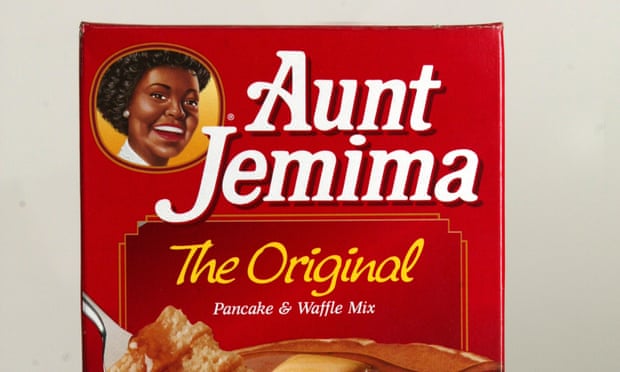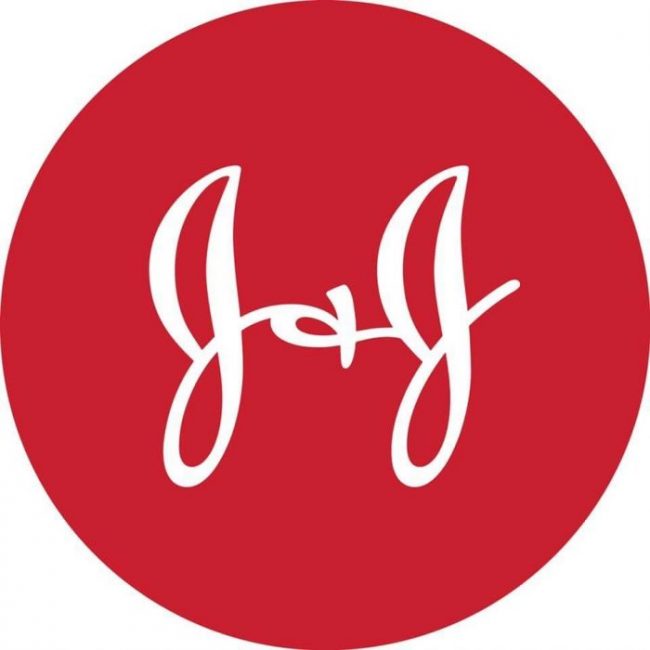Consumer-products giant Johnson & Johnson said Friday that it has decided to stop selling its popular skin-whitening creams.
The product lines, Neutrogena Fine Fairness and Clear Fairness by Clean & Clear, were not distributed in the United States but were sold in Asia and the Middle East. They were advertised as dark-spot reducers but have been used by some purchasers to lighten skin tone.
Such products have come under renewed social pressure in recent weeks amid a global debate about racial inequality. The health-care company said it would no longer produce or ship the products but that they might still appear on store shelves until stocks run out.

“Conversations over the past few weeks highlighted that some product names or claims on our Neutrogena and Clean & Clear dark-spot reducer products represent fairness or white as better than your own unique skin tone,” the company said in a statement. “This was never our intention – healthy skin is beautiful skin.”
The statement followed a string of announcements this week by companies saying they would be removing brands that have been criticized for using racist imagery to sell products. On Wednesday, the owners of Cream of Wheat, Uncle Ben’s Rice, and Mrs. Butterworth’s all said they would be reviewing how the brands’ products are packaged.
Quaker Oats earlier announced it would retire Aunt Jemima, the pancake mix and syrup brand, after acknowledging that its logo, a grinning black woman, was based on a racial stereotype.

The decision to remove the Clear Fairness line is the latest move by Johnson & Johnson to respond to the demonstrations against racism that have been held across the country since the death of George Floyd.
Several companies have been criticized for expressing solidarity with the Black Lives Matter movement while also selling products that advertise their skin-lightening effects.
Creams that promise to lighten or brighten skin are marketed primarily to women by the world’s biggest personal care companies, including Unilever, Procter & Gamble and L’Oreal, under their respective brands Fair & Lovely, Olay, and Garnier.

More than 11,000 people have signed a petition calling on Unilever to stop selling Fair & Lovely, a skin-lightening product marketed in India and the Middle East. Commercials for the lotion have shown dark-skinned women using it to lighten their skin and then becoming more successful as a result.
“This product has built upon, perpetuated, and benefited from internalized racism and promotes anti-blackness sentiments amongst all its consumers,” the petition says.
Last week, Band-Aid, which is owned by Johnson & Johnson, announced it would start selling bandages meant to match different skin tones in an Instagram post. The company said it sold bandages with different skin tones in 2005 but discontinued the products due to lack of demand.
Dominique Apollon, vice president for research at Race Forward, a racial justice advocacy organization, said, “Johnson & Johnson’s decisions to stop selling the lotions and to reintroduce the bandages are positive but long overdue. These creams are a symptom of anti-blackness that occurs around the world.”
About 6,277 tonnes of skin lightener were sold worldwide last year, according to Euromonitor International, including products marketed as anti-aging creams targeting dark spots or freckles.




![The Top & Most Popular Seafood Bucket Restaurants in Dubai for you [Never Miss]](https://uae24x7.com/wp-content/uploads/2020/09/8-seafood-in-a-bucket-scaled-e1600739237403.jpg)
![Procedures for Renewing the Driving License in Abu Dhabi [3 Simple Steps]](https://uae24x7.com/wp-content/uploads/2020/07/Capture-9-e1595666454466.jpg)





